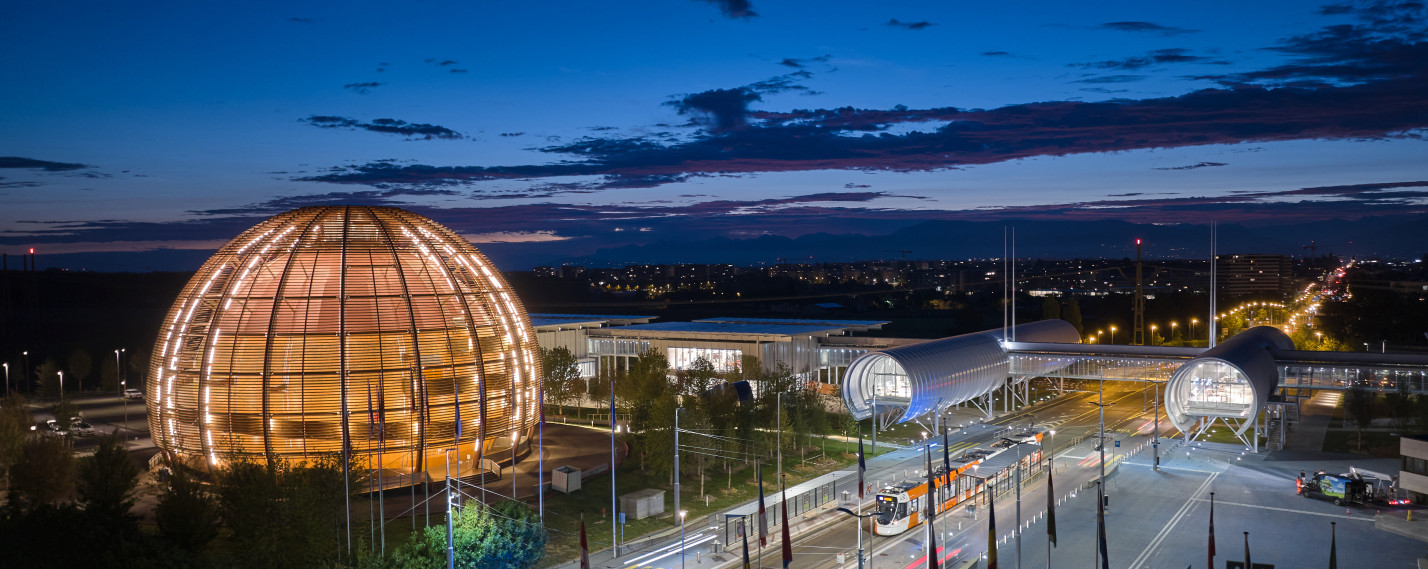Speaker
Description
The goal of machine learning for accelerator control is to automate the start-up, optimization, and execution of experiments at accelerator facilities with limited-to-no human operator input. To address this challenge, we have been pursuing a research program to completely automate sequential accelerator beamline configuration tasks at the Argonne Wakefield Accelerator (AWA). These tasks include beam alignment with magnetic elements, RF cavity phasing synchronized to the photoinjector laser system, and transverse phase space control, all in tightly constrained parameter spaces. In this work, we describe progress towards automating the AWA beamline and the development of novel Bayesian optimization algorithms needed to efficiently address each of these tuning tasks. We highlight the development of Bayesian Algorithm Execution (BAX) acquisition functions to generalize Bayesian optimization algorithms to optimize so-called “virtual” objectives that are inferred from Gaussian process models of observable quantities. Finally, we describe the path forward for achieving full autonomous execution of beamline configuration and experiment execution in the near future.
